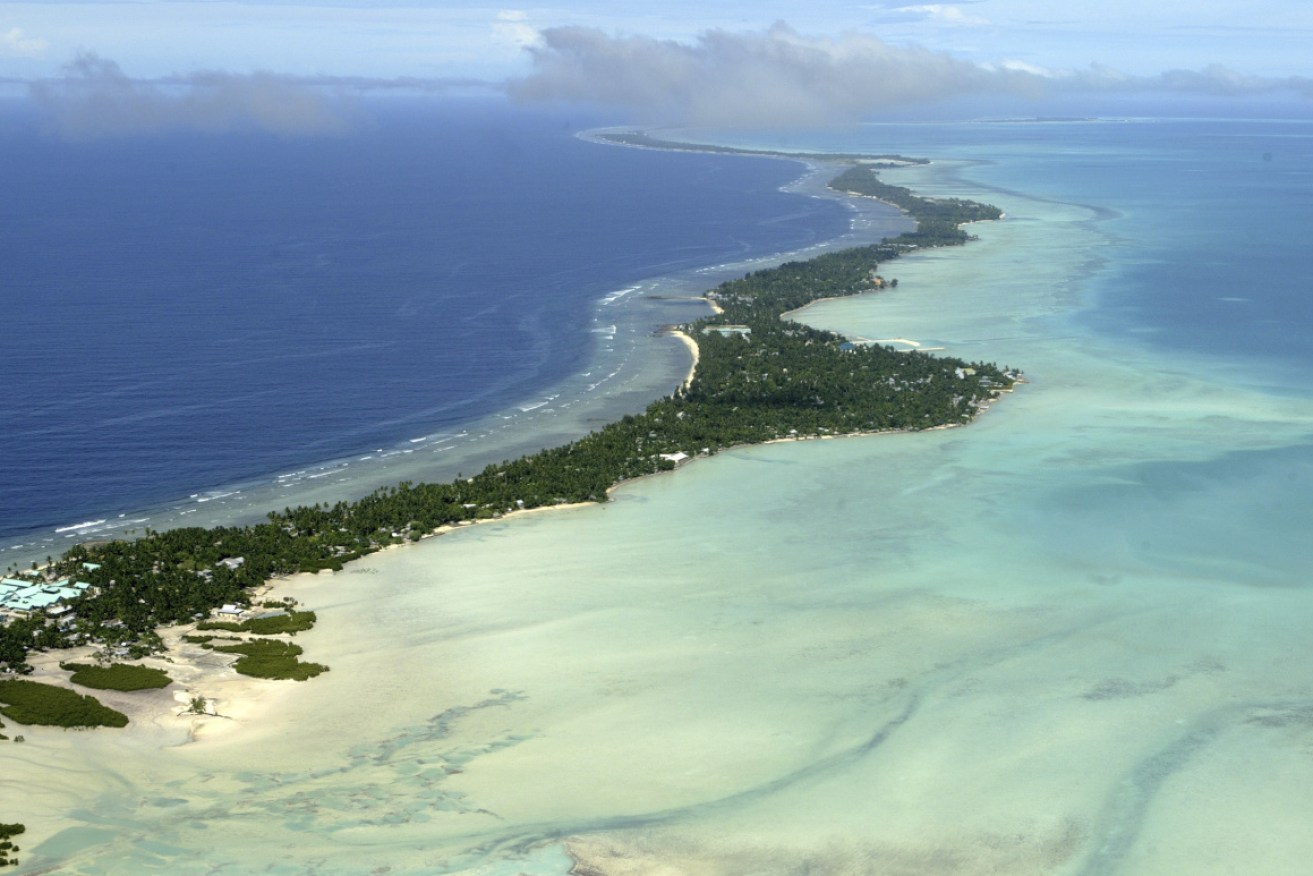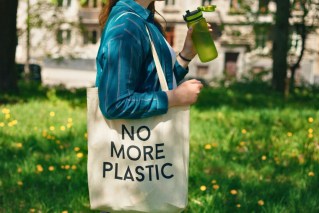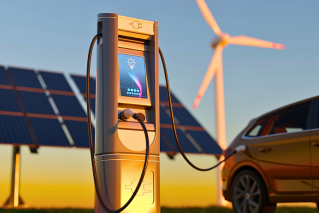Australia shirking responsibilities, Pacific in climate peril: report

The report analysed Australia's efforts towards meeting the Paris Agreement as "insufficient". Photo: AAP
Australia’s emissions reduction pledges do not go far enough to help protect its Pacific Island neighbours from rising sea levels, a new Greenpeace report finds.
The report, Te Mana, o te Moana 2021 analysed each country’s climate commitments as part of the Paris Agreement and found the world was on course for up to 3.9 degrees of heating.
National emissions reduction pledges like Australia’s would lock in between two and three degrees of global heating, the report noted.
While stronger climate targets from some of the world’s biggest emitters go some way to reducing the chances of “catastrophic climate change” Greenpeace said Australia’s efforts would not prevent almost three degrees of heating, a level “incompatible” with life in the Pacific.
The report ranks the efforts made by countries into five categories ranging from “Paris Agreement Compatible” (consistent with the goal of limiting heating to 1.5 degrees celsius) to “critically insufficient” which, if applied to all countries, would see global heating exceed four degrees.
The United States was in this category last year but has now moved into the “insufficient” group alongside Australia. If all countries had similar pledges, global heating would reach between three and four degrees.
Greenpeace Australia Pacific Non-Executive Director Kavita Naidu said Australia is “shirking responsibility” on climate action.
“It’s made worse by the Morrison Government’s persistent support of the expansion of the fossil fuel industry, which sentences people in Australia and the Pacific to intense heatwaves, longer droughts, bushfires, cyclones, a warming ocean and the devastating loss of biodiversity,” she said.
Finance Minister Simon Birmingham has previously declared that it is crucial for Australia to strive towards achieving net zero carbon emissions.
“It’s crucial, not just in terms of tackling climate change but in terms of positioning Australia’s economy for the future.”
“We’ve made it very clear that we would like to see that achieved by 2050,” Senator Birmingham told Sky News earlier this year.
– AAP








